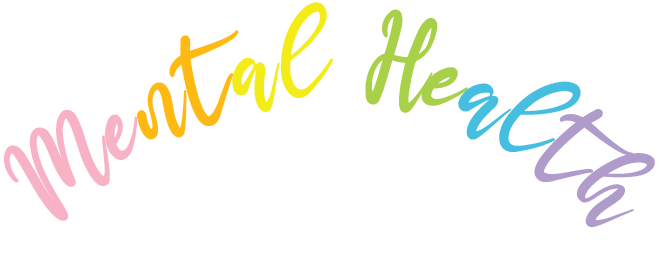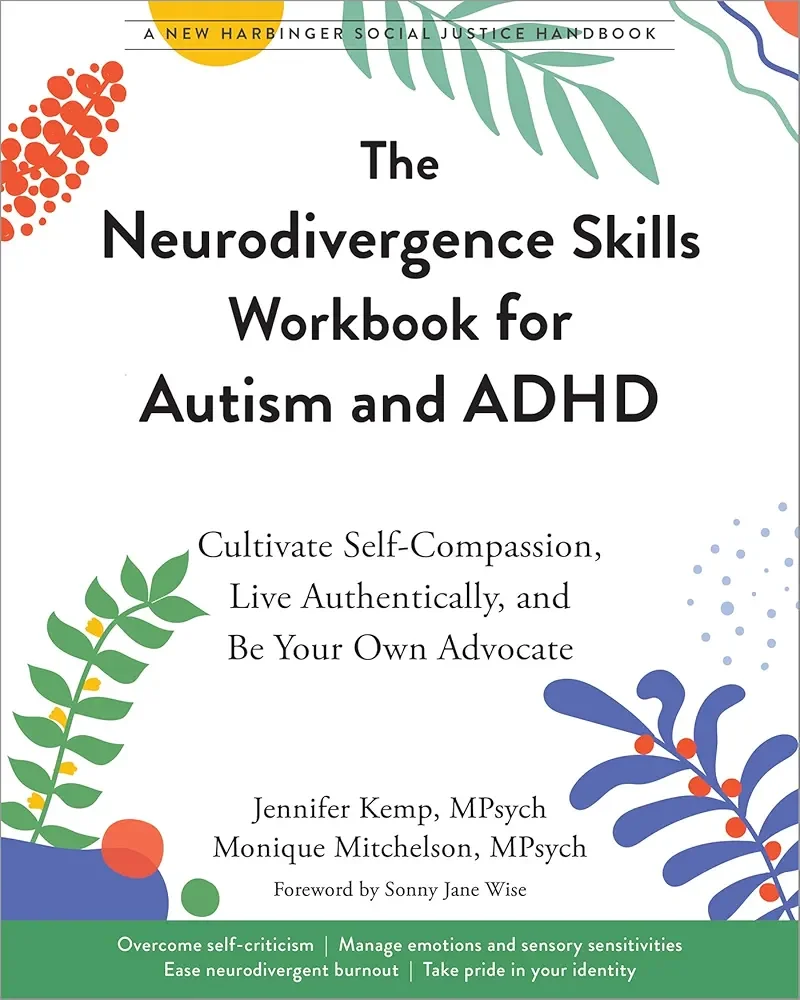The Neurodivergence Skills Workbook for Autism and ADHD
REVIEWED BY: UMAR IBRAHIM
For years, I struggled with the prevailing narratives around mental health and self-improvement. Many books written on these subjects felt like they were written for someone else, someone who didn't stim to self-soothe, someone who didn't spend hours rehearsing a three-minute line of romance, or someone who didn't forget to eat. As a late-diagnosed autistic individual faced with ADHD, I had grown tired of seeking advice that quietly asked me to be less myself. So when I encountered the book The Neurodivergence Skills Workbook for Autism and ADHD, I was not expecting anything out of the ordinary, I wasn't expecting transformation. To my utmost surprise, what I found was much more meaningful, I found a soft place to land.
A brilliant book written by a clinical psychologist Jennifer Kemp, Dr. Monique Mitchelson, also a psychologist and neurodivergent advocate and a forward by an educator Sonny Jane Wise. The workbook blends professional expertise with lived experience. Kemp works with adults and adolescents facing perfectionism, anxiety, OCD, eating disorders, and chronic illnesses. This gives her words both professional weight and lived sensitivity. That distinction matters. I was glued from the very first page; it felt like I was being spoken to directly, not analyzed. The book was simple, easy to assimilate, clear, concise and to the point, no expectation of "fixing" myself. Instead, the authors presented something radical to feel possible: living authentically and compassionately within my neurodivergent reality.
One of the first exercises that truly made an impact on me was about mapping the impact of masking. I've spent some years performing social scripts, mirroring others, downplaying sensory overwhelm–until my sense of self blurred. When the book described masking as "camouflaging your authentic self to meet neurotypical expectations," something in me sighed with relief. I wasn't being dramatic or difficult. I was simply exhausted from this survival act. The use of words were reflective, not just asking me what I do to mask, it asked me why, and what the cost has been. For the first time, I began to envision burnout not as a personal weakness, but as a natural consequence of living in disagreement with my needs.
Unlike most related workbooks that drown you in abstract theory of forced linear thinking, this workbook offers tools I can effectively use. The use of grammar was clear, grounded, never infantilizing. It trusted me to know myself, even as it gently helped me to understand myself more. The most empowering section was the Self-Advocacy Script Builder. I used it to prepare myself for conversations with my academic advisor about sensory-friendly exam conditions. Before, I would have found myself into self-doubt: Am I asking for too much? Will I sound ungrateful? This time, I had language and clarity. I walked into the meeting knowing my needs and left with real accommodations.
What I keep going back to, is the workbook's invitation to be on my own side. Not in a superficial, affirmational way, but through actual practice. One prompt asked: "What would it mean to show yourself the compassion you give to others?" That question rang in my head for days. I realized I had spent years offering grace to everyone but myself. This workbook isn't a checklist. It's a companion. On occasions when executive dysfunction flattens me, I flip to the affirmation section and read to myself: You are not too much. You were never too much. The Neurodivergence skills Workbook for Autism and ADHD didn't just fix me. It reminded me that I was never broken.
Umar Ibrahim is a writer obsessed with exploring the messy, beautiful complexities of mental health and neurodivergence. Through his writing, he aims to create a sense of community and understanding, and to help others feel less alone in their own struggles and triumphs.

